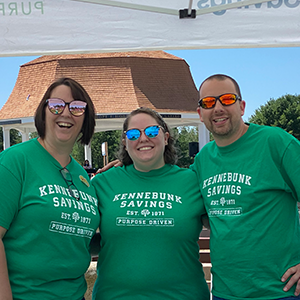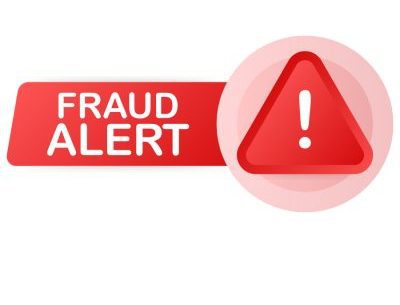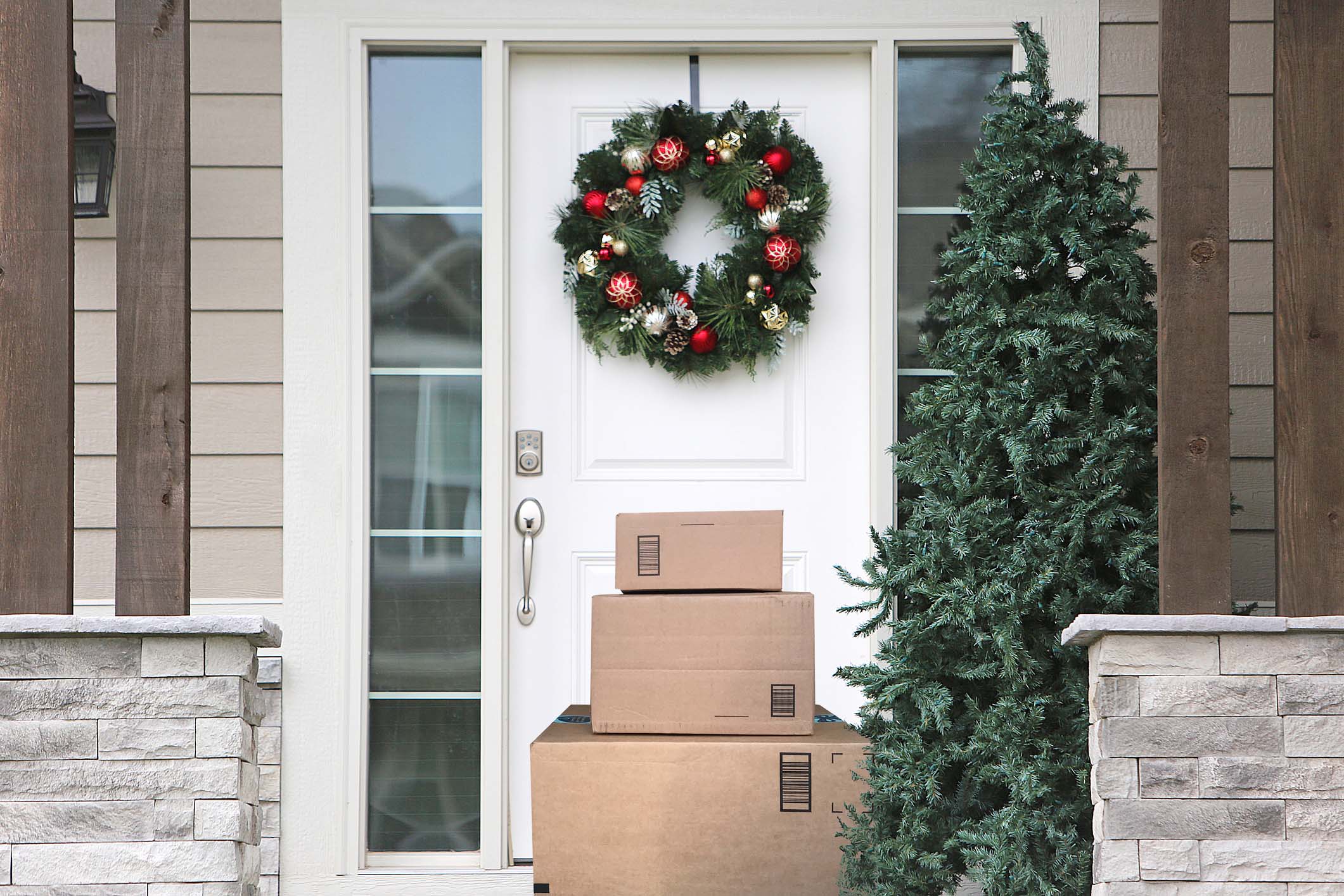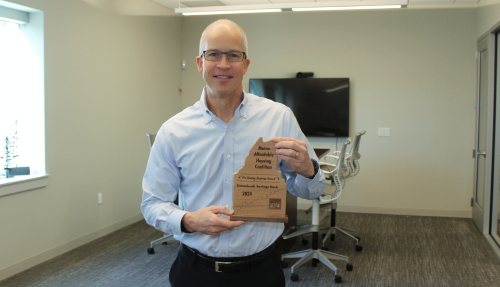You may have heard of the so-called “Grandparent Scam” where bad actors call unsuspecting citizens claiming to be their grandson or granddaughter. The caller says there’s an emergency and asks you to send them large sums of money immediately.
Police warn that there has been a large uptick in this scam in our area. To make matters worse, after contacting the victim by phone, the bad guys show up at victim’s homes to collect the money in person. If anyone you do not recognize shows up at your residence uninvited, please call 911.
Here are some frequently asked questions about the Grandparents Scam from the Consumer Federation of America (CFA)
- What can you do to protect yourself? If you get a call or email from someone claiming to know you and asking for help, check to confirm that it’s legitimate before you send any money. Ask a handful of questions that would be hard for an imposter to answer correctly – the name of the person’s pet, for example, or their parents or siblings names. Remember, if you think something is weird, hang up. Contact the person who they claim to be directly. If you can’t reach the person, contact someone else – a friend or relative of the person. Don’t send money unless you’re sure it’s the real person you know. For more information about protecting yourself from fraud, go to www.consumerfed.org/fraud.
- How do these scammers choose who to contact? Sometimes they contact people randomly. They also use marketing lists, telephone listings, and information from social networking sites, obituaries and other sources. Sometimes they hack into people’s email accounts and send messages to everyone in their contact list.
- How do these scammers know the names of your friends or relatives? In some cases they don’t. For instance, the scammer may say “Hi grandma,” hoping that you actually have a grandson. If you ask, “David, is that you?” the scammer will say “Yes!” Often these crooks will call in the middle of the night and take advantage of the fact that you may not be awake enough to ask more questions and you may not want to disturb other people by calling them to confirm the information. Sometimes the scammers do know the names of your friends or relatives. They can get that information from a variety of sources. Your relatives may be mentioned in an obituary or on a social networking site. Your email contact list may contain the names of friends and relatives.
- What do these scammers usually say? They might say something like, “I’m in Canada and I’m trying to get home but my car broke down and I need money right away to get it fixed.” Or they may claim to have been mugged, or been in a car accident, or need money for bail or to pay customs fees to get back into the United States from another country. They may also pose as an attorney or law enforcement official contacting you on behalf of a friend or relative. No matter the story, they always want you to send money immediately.
- If you realize you’ve been scammed, what can you do? These scammers ask you to send money through services such as Western Union and MoneyGram because they can pick it up quickly, in cash. They often use phony IDs, so it’s impossible to trace them. Contact the money transfer service immediately to report the scam. If the money hasn’t been picked up yet, you can retrieve it, but if it has, it’s not like a check that you can stop – the money is gone.
If you have any questions or you think you may have been the victim of a scam, please call the police then call our Customer Care Team at 800-339-6573.
Stay ahead of the scams with more ways to protect yourself. Knowledge is an effective way to fight fraud.



